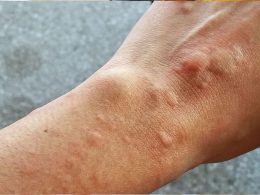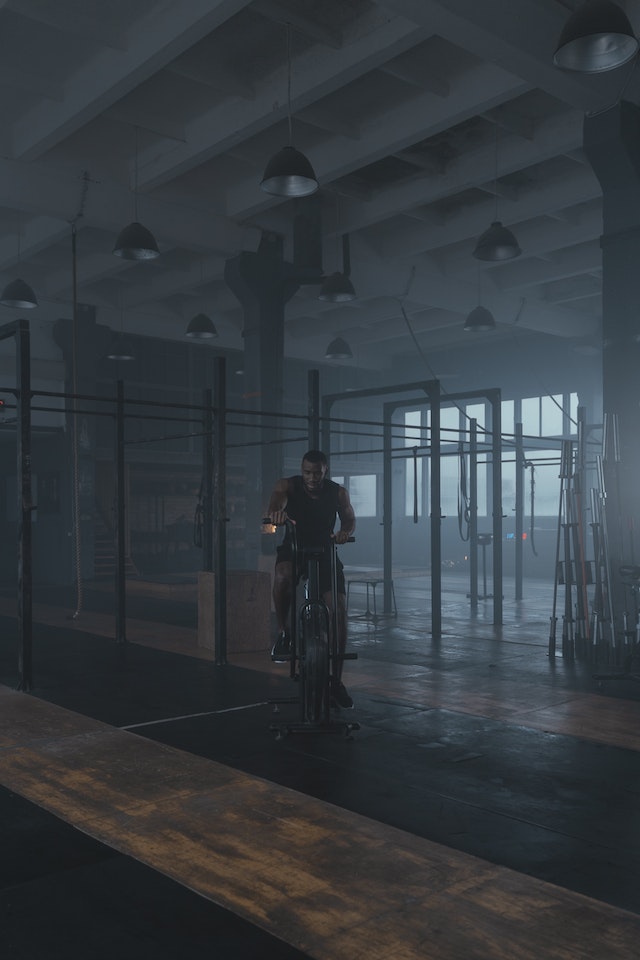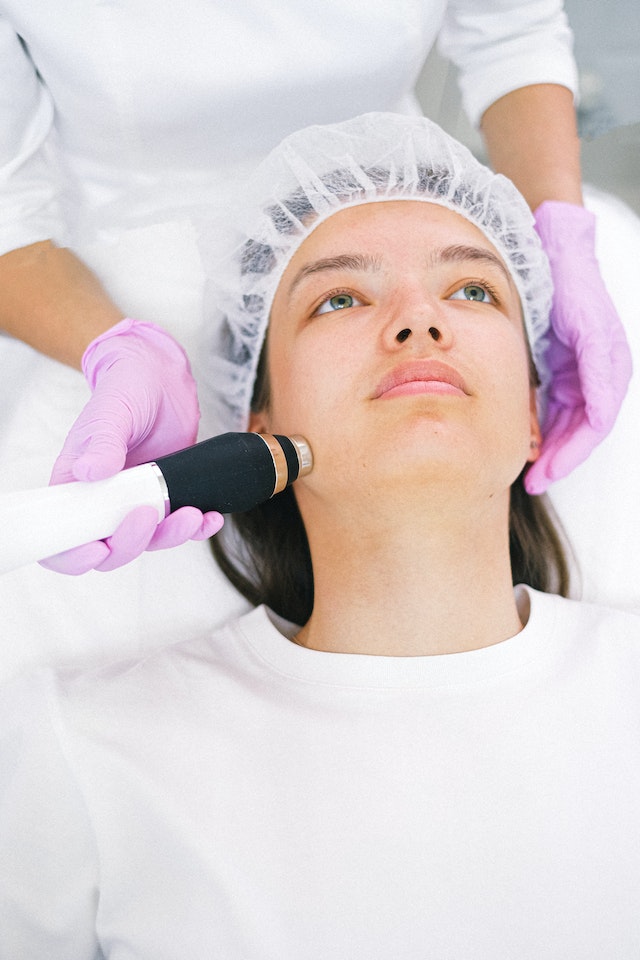Introduction:
As the summer heat intensifies, it becomes increasingly crucial to prioritize rest and seek shade to prevent heat-related illnesses. Heat exhaustion and heatstroke can have severe consequences on our health, but with the right strategies, we can stay cool and protected. In this guide, we will explore the importance of rest and shade in avoiding heat-related illnesses.
1. Understanding Heat-Related Illnesses:
Heat exhaustion and heatstroke are common heat-related illnesses that can occur when the body overheats due to prolonged exposure to high temperatures. Heat exhaustion is characterized by symptoms such as heavy sweating, weakness, dizziness, nausea, and headaches. Heatstroke, a more severe condition, can lead to organ damage and even death if left untreated.
2. Resting and Cooling Down:
Resting in a cool environment is essential for allowing your body to recover from heat buildup. If you start experiencing symptoms of heat exhaustion, immediately find a shaded or air-conditioned area and rest. Lie down and elevate your legs slightly to improve blood circulation and reduce strain on your cardiovascular system.
3. Hydrating and Replenishing Electrolytes:
While resting, it’s crucial to hydrate your body and replenish electrolytes lost through sweating. Drink cool water or sports drinks that contain electrolytes to restore the body’s fluid balance. Avoid beverages with caffeine or alcohol as they can contribute to dehydration.
4. Seeking Shade:
When outdoors, seek shade under trees, awnings, or any other structures that provide protection from direct sunlight. Limit your exposure to the sun, especially during the peak hours of intense heat, which is usually between 10 a.m. and 4 p.m. Plan your outdoor activities during the cooler parts of the day to minimize the risk of heat-related illnesses.
5. Creating Shade:
If shade is limited in your surroundings, consider creating your own shade using umbrellas, canopies, or sunshades. These portable options can provide a temporary respite from the sun’s intense rays and help maintain a cooler environment.
6. Dressing Appropriately:
Choose lightweight, loose-fitting clothing made from breathable fabrics like cotton or linen. Opt for light colors that reflect sunlight rather than absorbing heat. Wearing a wide-brimmed hat or using an umbrella can provide additional protection for your head and face.
7. Using Cooling Techniques:
Utilize cooling techniques to lower your body temperature. Apply a damp cloth or cool pack to your forehead, neck, and wrists. Take cool showers or use a spray bottle to mist your skin with water. These methods help cool down your body and provide temporary relief from the heat.
8. Resting in Air-Conditioned Spaces:
If possible, spend time in air-conditioned environments, such as your home, shopping malls, or public buildings, to escape the heat. Air conditioning provides effective cooling and can significantly reduce the risk of heat-related illnesses.
9. Monitoring Vulnerable Individuals:
Pay close attention to the well-being of vulnerable individuals, such as children, elderly people, and those with chronic illnesses. They are more susceptible to heat-related illnesses and may require extra care and attention during hot weather conditions.
10. Recognizing the Signs of Heat Exhaustion and Heatstroke:
Educate yourself on the signs and symptoms of heat exhaustion and heatstroke. These include profuse sweating, fatigue, dizziness, headache, rapid heartbeat, muscle cramps, confusion, and even loss of consciousness. If you or someone around you experiences these symptoms, take immediate action by seeking shade, resting, and seeking medical assistance if necessary.
Conclusion:
Staying cool and preventing heat-related illnesses is paramount during hot weather. By prioritizing rest, seeking shade, and taking necessary precautions, we
can minimize the risk of heat exhaustion and heatstroke. Remember to stay hydrated, dress appropriately, and be mindful of vulnerable individuals. With these strategies in place, you can enjoy the summer while keeping your cool and protecting your well-being.











